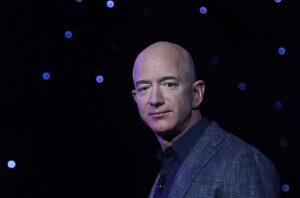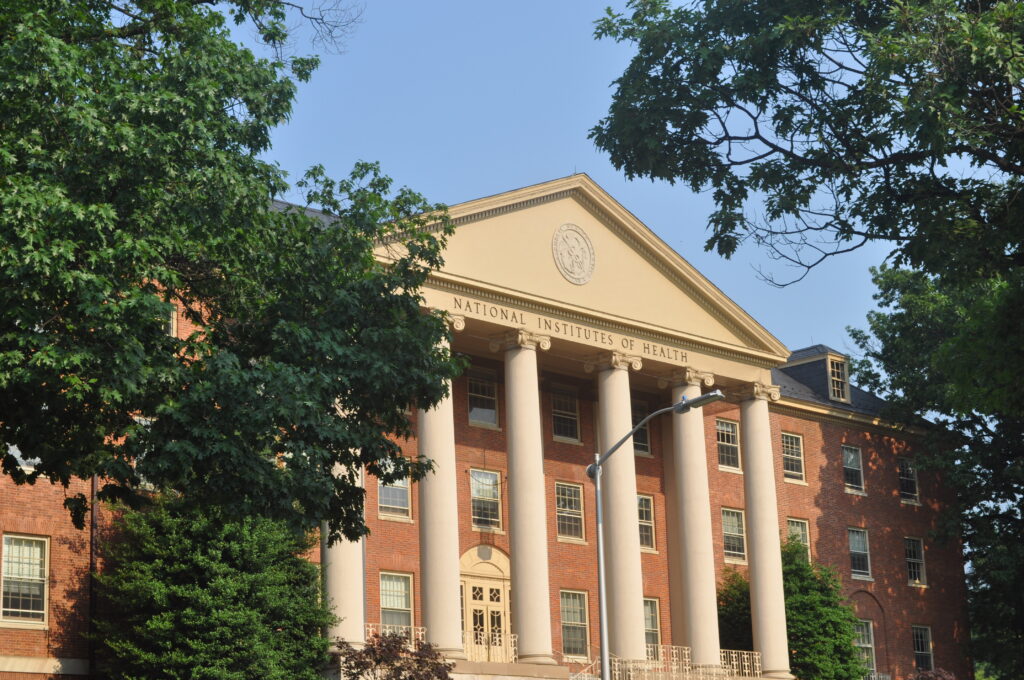 “Pandora Papers” experts, Chuck Collins, author of The Wealth Hoarders: How Billionaires Pay Millions to Hide Trillions (Polity Books), and tax attorney Bob Lord, are available for comment on the Pandora Papers revelations.
“Pandora Papers” experts, Chuck Collins, author of The Wealth Hoarders: How Billionaires Pay Millions to Hide Trillions (Polity Books), and tax attorney Bob Lord, are available for comment on the Pandora Papers revelations.
Over the last three months, Collins has briefed members of the International Consortium of Investigative Journalists (ICIJ), on the “wealth hiding” systems in the USA. Articles interviewing Collins are now appearing in the British Guardian, El Pais (Spain) Infobae in Argentina, El Pais (Brasil), Univision (Mexico), and dozens of others.
On Sunday, the ICIJ released “The Pandora Papers,” based on 11.9 million leaked files. It exposes billionaires involved in aggressive wealth hiding and tax avoidance. It reveals, for instance, that “South Dakota now rivals opaque jurisdictions in Europe and the Caribbean in financial secrecy,” notes Collins.
“It is time for U.S. lawmakers to shut down the hidden wealth system that allows for such aggressive tax avoidance and the sequestering of wealth,” said Collins, who just wrote the piece “Why billionaires love to park their wealth in places like South Dakota” for Salon and is co-editor of Inequality.org at the Institute for Policy Studies. He added: “The U.S. has become the weak link in stopping global crime and wealth hiding. States like South Dakota and Delaware have morphed their laws to attract billions, sometimes illicitly obtained, from around the world. We in the U.S. should be embarrassed that we’ve become a magnet for kleptocratic funds.”
Collins’ book, The Wealth Hoarders, points to the role of enablers, what scholars call “the wealth defense industry,” in facilitating the use of dynasty trusts, off-shore tax havens, and anonymous shell companies. These wealth defenders include accountants, tax attorneys, wealth managers, and family office staff, that aid the super-rich in putting vast amounts of wealth beyond the reach of tax authorities. Collins also puts forward a comprehensive plan for shutting down the hidden wealth system.
Bob Lord is a Phoenix tax attorney, associate fellow at the Institute for Policy Studies, and legal expert on trusts, estate tax law, and explaining the complicated tax dodges deployed by the superwealthy.
Collins and Lord are available to comment on the latest revelations from the ICIJ Pandora Papers. Email: Contact Olivia Alperstein Olivia@ips-dc.org or Chuck Collins: chuck@ips-dc.org
Additional background resources:
Interview with Chuck Collins by International Consortium of Investigative Journalists:
“How the world’s richest defend their wealth with help from a dedicated industry.”
By Bob Lord: “Beyond Lucrative: Jeffrey Epstein’s Billionaire Tax Avoidance Business” and “Taxing 7 Billionaires Could Pay For Third of Biden’s $3.5 Trillion Spending Package.”
IPS Policy Brief: “Dynasty Trusts: How the Wealthy Shield Trillions from Taxation Onshore,” by Kalena Thomhave and Chuck Collins.


 RICARDO VALADEZ, CARTER DOUGHERTY,
RICARDO VALADEZ, CARTER DOUGHERTY, 




